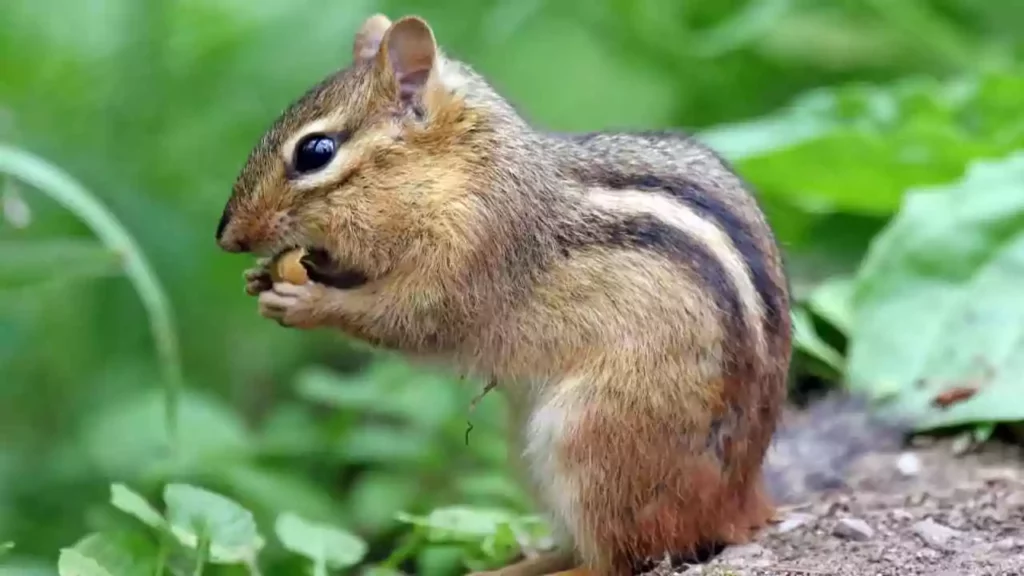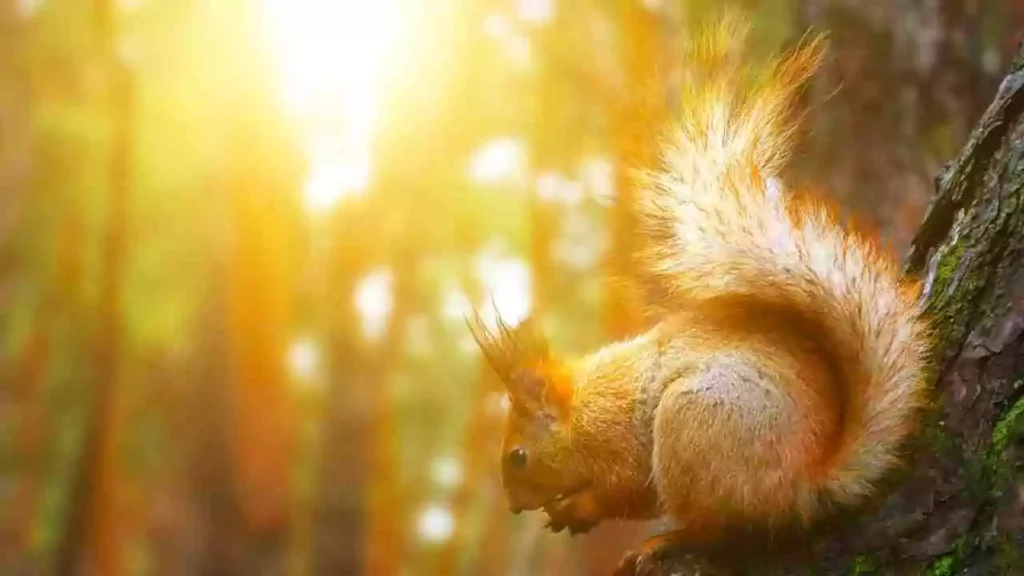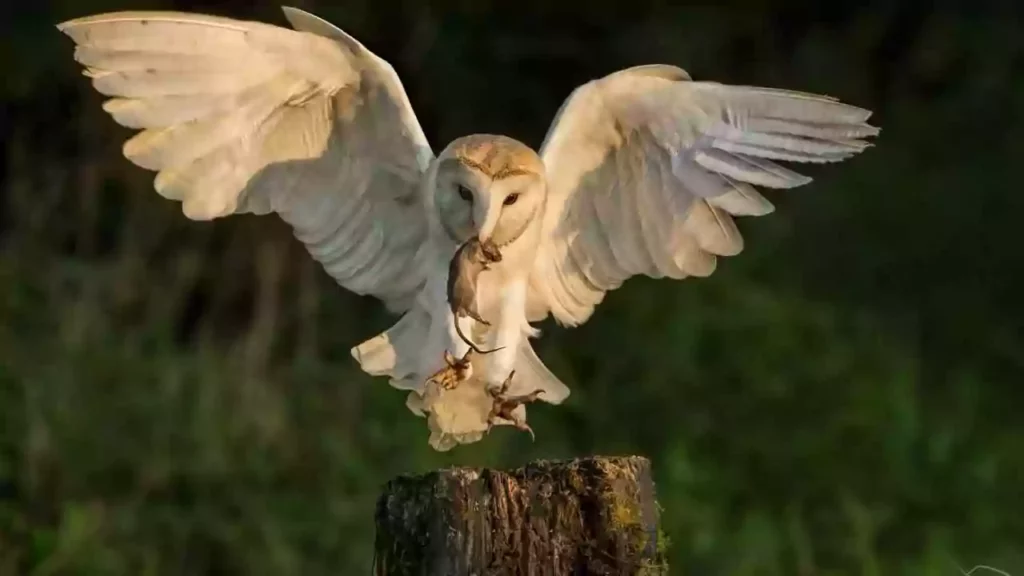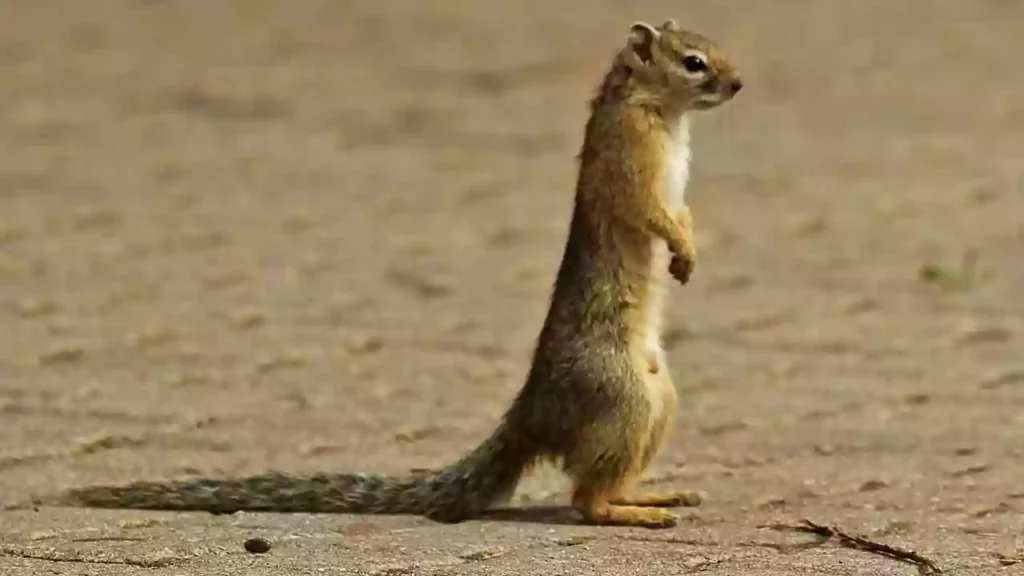Yes, chipmunks and squirrels can eat cicadas. Cicadas are the most fascinating yet noisy insects found underground that are a great source of protein for chipmunks, squirrels, and other animals.
Along with chipmunks and squirrels, other animals like woodchucks, cats, birds, dogs, raccoons, bats, rodents, and bobcats can also eat cicadas.
Do Chipmunks and Squirrels Eat Cicadas? (Dangerous Or Safe)
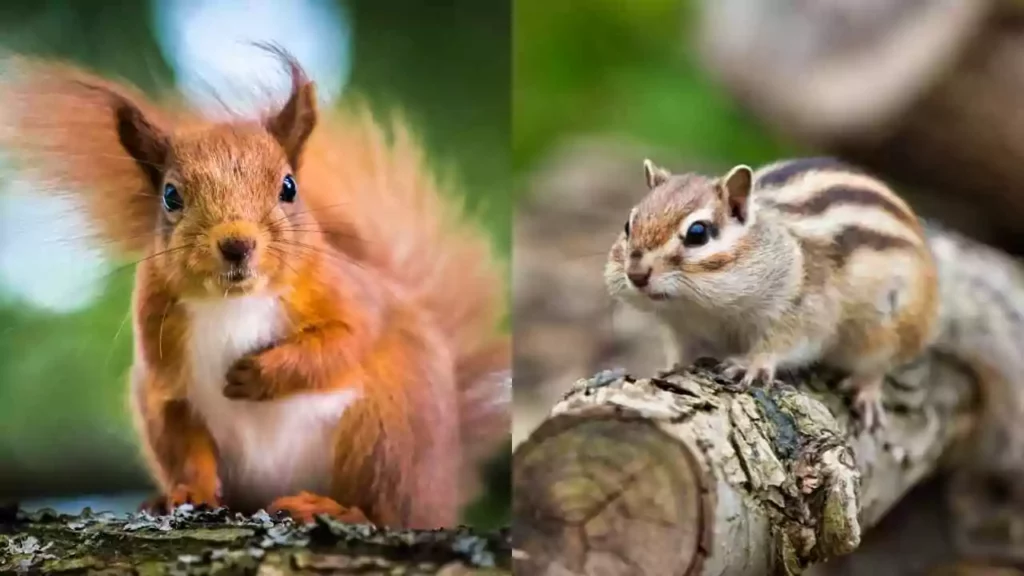
Cicadas are entirely safe for chipmunks and squirrels. These insects are nutritious enough to provide protein and an additional source of nourishment.
Moreover, cicadas do not sting or bite; they are safe for animals.
Do Cicadas Provide Nutrition to Chipmunks and Squirrels?
Cicadas are a famous food source for many animals, including chipmunks and squirrels.
But do cicadas provide nutrition to chipmunks and squirrels?
Yes, cicadas provide nutrition to chipmunks, squirrels, and other animals.
These insects have a high level of fats and proteins that is the ultimate meal for any animal. However, cicadas have a complex exoskeleton for squirrels and chipmunks to swallow.
Benefits of Cicadas to Squirrels and Chipmunks
Cicadas are a complete meal for squirrels and chipmunks, just like their traditional seeds and nuts.
They are nutritious and beneficial for rodents who want to fatten for winters. While cicadas have a hard exoskeleton, some squirrels are known to crack the hard shell with their teeth to get nutrition from inside.
Do Chipmunks and Squirrels Eat Dead Cicadas?
Chipmunks and squirrels eat dead or almost dead cicadas most of the time. However, they attack and kill healthy cicadas occasionally.
Cicadas are found almost everywhere except in Antarctica. They typically live in woody areas, spend most of their time underground in their larva stage, and then come out from the ground.
Do Chipmunks and Squirrels Eat Cicadas Shells?
No, a cicada’s shell is hard, and most of the time, squirrels break it with their teeth.
They break the shell and eat the nutritious part of cicadas from the inside.
Are Cicadas Poisonous or Harmful to Other Animals?
No, cicadas are not poisonous or harmful to squirrels, chipmunks, or other animals. Even they are healthy and nutritious for most of them.
Which Animal Eats the Most Cicadas?
Several animals eat cicadas, including cats, dogs, birds, rodents, chipmunks, squirrels, and even raccoons.
But which animal eats the most cicadas?
‘Baby booms’ among birds eat the crazy amount of cicadas.
List of Foods That Squirrels and Chipmunks Love to Eat
Squirrels and chipmunks are the most widely found animals in the world. They are easily found in different habitats, including urban and rural areas.
Although, both animals love to eat different things.
Let’s look here at which foods squirrels and chipmunks love to eat!
Squirrels love to eat:
- Nuts
- Fruits
- Flowers
- Vegetables
- Insects
- Fungi
- Cereals
- Tree parts
- Plant parts
- Berries
- Cicadas
Chipmunks love to eat:
- Grains
- Cereals
- Oats
- Barely
- Worms
- Fruits
- Nuts
- Cicadas
- Tree parts
- Flower parts
What Cultures Eat Cicadas?
Cicadas are available all over the world, primarily in woody areas. Keeping this in view, cicadas are consumed by several cultures worldwide.
Back in history, cicadas were eaten by Ancient Greece and nowadays, people consume cicadas in China, Malaysia, Thailand, Burma, America, Central Africa, and Balochistan (a region of Pakistan).
Can You Get Sick from Eating Cicadas?
No, cicadas are entirely safe to eat. You can’t get sick of eating cicadas.
Some researchers have compared cicadas with crickets, and they found the same nutritional value in cicadas as crickets.
That’s why people eat cicadas in almost every corner of the world.
What Does It Mean When a Cicada Is in Your House?
Cicadas represent renewal, rebirth, personal change, and transformation if they are found in your house.
However, cicadas can also symbolize singers or musicians as they sing.
How Do I Get Rid of Cicadas?
Cicadas are noisy critters, and no one wants them to float in their pool or yard.
So, how can one get rid of cicadas?
You can get rid of cicadas by keeping the shrubs and trees well-trimmed. However, this will not provide them with enough space to hide and make the removal process more accessible.
Another option to get rid of cicadas is to apply a broad-spectrum preventive insecticide.
Frequently Asked Questions
Here are some frequently asked questions about cicadas:
Do Cicadas Drink Water?
Cicadas drink a liquid-like fluid called (xylem) or sap present in plants. However, it contains minerals and amino acids.
Do Cicadas Attract Copperheads?
Yes, cicadas who shed their skins attract copperheads as they are a food source for them. Moreover, cicadas’ loud, noisy sound also attracts copperheads towards them.
Do Rabbits Eat Cicadas?
Well, a rabbit rarely eats cicadas or a bug. Because rabbits are herbivores and stick them to their plant life.
Do Cicadas Scare Birds Away?
Cicadas are eaten by almost every animal, including birds. So, do cicadas scare away birds? Well, no! Birds eat cicadas just like the other animals to take the nutritional benefit.
Final Words
Cicadas emerge from the ground in warm weather, and squirrels, chipmunks, and other animals welcome them with their open mouths.
Like squirrels and chipmunks, cicadas are a nutrition source for several animals. They are rich in proteins and nutrients that help the squirrels and chipmunks to grow.
However, not only chipmunks or squirrels but other animals like cats, dogs, rodents, raccoons, and bats also eat cicadas. Even birds can eat them, and a single bird can eat hundreds of cicadas.
While cicadas are easy to catch, squirrels mostly prefer to eat dead or about dead cicadas.
SmallPetsX.Com does not provide veterinary advice. Our aim to help small pet owners understand their pets a little better so that they can provide their pets with the life they deserve. All content is therefore for informational purposes only. If you're concerned about the health of your pet you should seek medical advice from a vet.

